To fully understand non-custodial exchanges, we need to go back to the start.
When crypto, specifically Bitcoin was first introduced to the market, it was virtually unknown to anyone and had a $0 value. On January 12, 2009, the first Bitcoin exchange took place between its founder, Satoshi Nakamoto and Hal Finney, a tech developer. As time passed, computer scientists, tech enthusiasts and mathematicians began to take notice of Bitcoin and pushed the idea of an exchange and “market” to take flight.
As these exchanges grew and investing in crypto became “normalized”, hackers took notice and started to attack these exchanges. For example, one of the first BIG exchange hacks took place in 2011 when the exchange MT. Gox, which at the time was the largest Bitcoin exchange hosting 70% of all transactions, lost 25,000 bitcoins approximately worth $400,000 (in 2011). They were hacked again in 2014, this time losing $473 million!
After multiple hackings of other exchanges, the idea of a non-custodial exchange was born. In this post, we will explore the difference between custodial and non-custodial exchanges and uncover the safest place to store your digital investment, safe from hackers and scammers.
What is a Non-Custodial Exchange?
In the most basic explanation of what a non-custodial exchange is, is to think of it simply as the exchange. That is all. A non-custodial exchange, trades, buys and sells your crypto but does not hold or store your cryptocurrencies. Instead, it relies on you to have custody of your assets, either in another exchange or wallet. This leads us to DeFi wallets, and other cold hardware wallets meant for self-custodial protection of your private keys and seed phrases.

As a user of a non-custodial exchange, you log in and you perform whatever transaction that you want. But the key is that your assets are not in the “custody” of a third-party institution, like Coinbase and Binance for example. So, if you use one of these exchanges, they have control of your private keys, which means that if a hacker were to get into them, they would control YOUR crypto.
Using a non-custodial exchange gives you the responsibility and the added protection of storing that sensitive information away from scammers on the internet. Many non-custodial exchanges will also give users a skip on the KYC questionnaire, giving you the bonus of anonymously buying and selling your Bitcoin, if you want to.
But, there is still a big elephant in the room: non-custodial wallets give you custody, sure. But are they 100% hacker-proof?
Custodial Exchange vs Non-Custodial Exchange
Simply put, custodial wallets give custody to a third party. Non-custodial wallets give the user control. There are always going to be positive aspects to a custodial exchange, like faster transaction turnover and speed. But it is up to each user to decide what is more important: How quickly I can trade my crypto or how safe is my asset?
Continuing to play devil’s advocate, custodial exchanges also have better options and the ability for recovery. This eliminates the sole responsibility of the user in case they lose their keys and recovery phrases. But, some may argue that using a cold wallet can be a good option for protection, while others may say that a cold hardware wallet can still be destroyed, like that of Ledger or Trezor as they are physical objects.
As you can see, there are a lot of options and a lot of opinions out there!
Material Bitcoin, on the other hand, is probably one of the safest Bitcoin wallets around. Why? Because it is a cold hardware wallet that is not electronic and can’t be damaged. On the contrary, it is made of AISI 304L stainless steel, virtually making it indestructible. So don’t worry. Even if it gets put through a load of laundry, your virtual assets are totally safe.
FAQS
Some Frequently Asked Questions about confused users usually are about privacy, price and access. Have a look at these FAQs:
What if I lose my private keys?
A non-custodial exchange does not know your private keys, so losing your private keys means losing access to your funds, with no recovery option. You’re best off using a hardware wallet to store that important information.
Can I switch to a non-custodial exchange from a custodial one?
Yes, you can switch by transferring your crypto from the custodial exchange to your non-custodial wallet’s address, moving control from the third party to you.
Are non-custodial exchanges more expensive?
Fees vary. Non-custodial exchanges might save you on certain fees but usually do add transaction network fees. Overall costs depend on your usage and the blockchain. Using Credit cards or Apple Pay will also imply additional fees.
Best Non-Custodial Crypto Exchanges
Let’s have a further look at the best options for a non-custodial wallet.
ChangeNow
A groundbreaking exchange, ChangeNow came onto the scene as a popular option right off the bat since it was the first non-custodial exchange to support over 150 cryptocurrencies. Overall it is user-friendly and has an edge over some other non-custodial exchanges because it supports Visa and Mastercard, allowing users to buy crypto and not just trade.
✅ Pro: They provide free 24/7 customer support.
❌ Con: No instant exchanges or purchases. Can take up to 15 minutes for some exchanges to take place.
StealthEX
Given its name, StealthEX is very serious about protecting your privacy and anonymity. They do not ask for registration information, nor do they apply KYC compliance. It supports over 400 cryptocurrencies and also allows users to purchase crypto. It does not have its own non-custodial wallet, so you will need to have a separate non-custodial cold wallet ahead of time to be able to transfer assets.
✅ Pro: You have the ability to also purchase crypto from the exchange via credit card, Apple Pay or Samsung Pay.
❌ Con: To buy crypto, you need to register your account, losing the concept of anonymity and privacy.
Exodus

A popular choice by many crypto investors, Exodus is a non-custodial wallet having users be the only ones controlling their keys and recovery phrases. Many Bitcoin and crypto enthusiasts believe that Exodus is one of the better options for a non-custodial exchange as it supports over 260 cryptocurrencies and includes desktop software for Mac and Chrome, including a web browser extension for Chrome, as well as an app for Android and iOS.
✅ Pro: Great customer service, with a chatbox available for simple inquiries and a 24/7 customer representative to help with more complex problems.
❌ Con: Does not offer two-factor authentication, raising questions about its security.
The Winning Combo: Non-Custodial Exchange & Cold Hardware Wallet
For the best protection imaginable, of course, using a non-custodial exchange is a great starting point. They all claim to protect your keys and give you control, unlike traditional banks. But, since these exchanges, no matter which one, are all connected to the internet to perform transactions, they are not as safe as they claim to be.
Your only bet for keeping your crypto 100% safe, is by safeguarding it on a cold hardware wallet. Material Bitcoin is a great option as it not only is a physical plate that cannot be hacked but also is the best choice for a hardware wallet because it is not electronic and cannot be broken.
Check out the different options Material Bitcoin has to offer for USDT, Ether and Bitcoin. Remember, if it is connected to the internet like many non-custodial exchanges are, you are never completely safe from hackers. Protect yourself and hold your crypto in your hands.

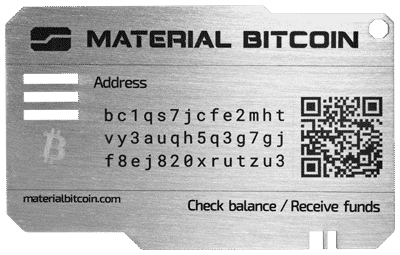



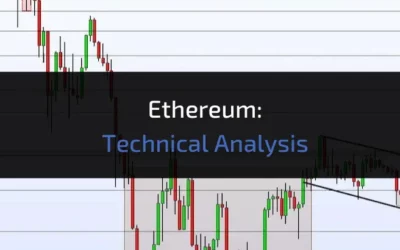



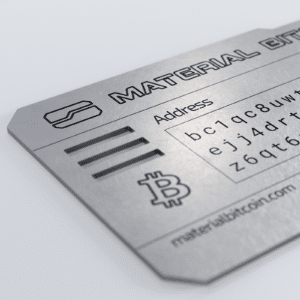
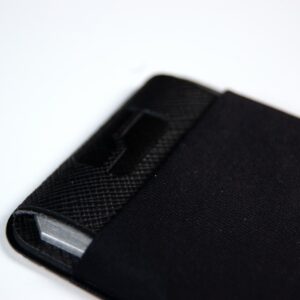
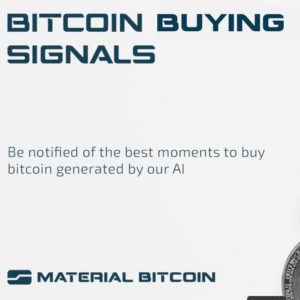
0 Comments